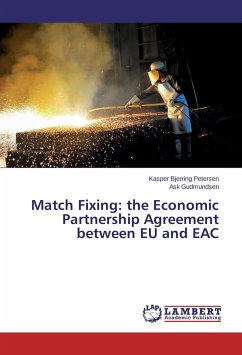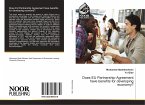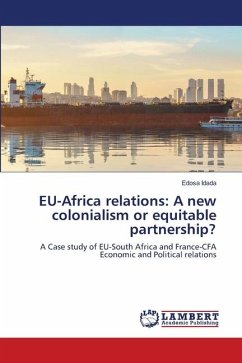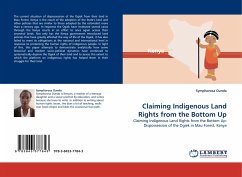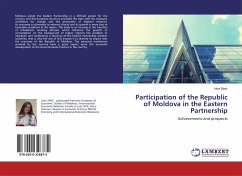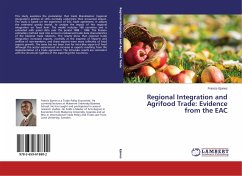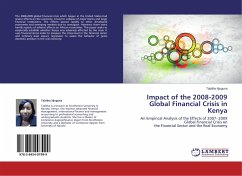On October 16 2014, after more than seven years, the European Union and the East Africa Community concluded negotiations on a new comprehensive Economic Partnership Agreement (EPA). However, the deadline was October 1 and as a consequence EU removed the Community's trade privileges of duty and quota-free access to the EU markets. This paper argues - based on Neo-Gramscian theory - that the EPA is a result of neoliberal hegemony in which EU is a prime actor, promoting a neoliberal agenda. By both consent and cohesion, EU was able to pressure the EAC into signing the EPA, which enforced market liberalisations and a strengthening of marked-based authority over state-authority locally. We also show - through global value chain theory - how the local associations of exporters pushed for a speedy conclusion of the EPA. Not because they favoured its provisions, but out of fear for losing the duty-free privileges that EU historically had granted the EAC countries.
Bitte wählen Sie Ihr Anliegen aus.
Rechnungen
Retourenschein anfordern
Bestellstatus
Storno

